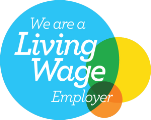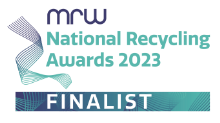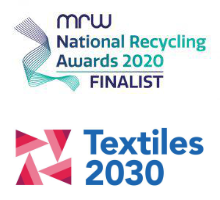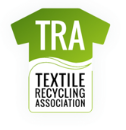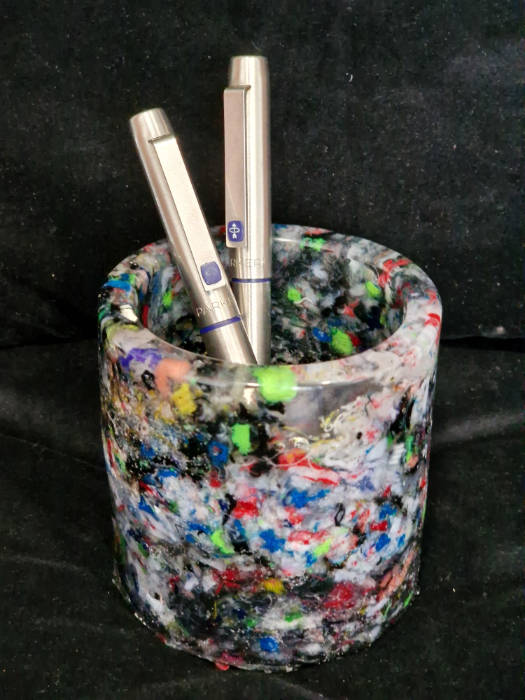We are thrilled to share that Roberts Recycling has signed up to Textiles 2030 and over the next decade, this voluntary agreement will aim to cut down the environmental impact that UK clothing and home fabrics have on our planet. Textiles 2030 aims to engage the majority of UK fashion and textiles organisations in a collaborative climate change action.
Over the past couple of months, the voluntary agreement has managed to secure over 20 major brands including ASOS, Boohoo, Dunelm, John Lewis, M&S, Next, Primark, Sainsbury’s, Ted Baker, and Tesco. As well as major brands, we believe this is a great opportunity for smaller organisations to show their commitment to making rapid improvements to the climate.
It is great to see so many fashion retailers joining the Textiles 2030 action plan – many we already work with providing them with a sustainable exit strategy for their returns and overstock. Here at Roberts Recycling, we are proud to say that our everyday work, sees us constantly address how we can improve the disposing of the UK’s unwanted clothing, so it made complete sense for us to join Textiles 2030. We are excited to work together, to transform the way that the UK supplies, and disposes of clothing and textiles.
-Simon Roberts, Roberts Recycling
Released in April 2021, the Textiles 2030 Roadmap shows what targets must be met, with key outcomes by the end of 2022, 2025, and 2030. All of these actions will transform how the UK views the idea of ’throwaway’ culture and allow us to have more products that are sustainable, used longer, and then re-used or recycled. The Target-Measure-Act approach will be used so that textiles businesses set tough targets, measure impact and track progress on both an individual business basis, and towards national targets and public reporting.
We are firmly committed to ending the ‘throwaway’ culture as we build back greener. The Government aims to galvanise ambitious industry action through a new voluntary agreement – Textiles 2030 – for the next 10 years, which will aim to reduce the environmental footprint of the textiles sector through science- based targets.
– Rebecca Pow, Environment Minister, 18 March 2021
If you want to learn more and discover how we are playing our part in Textiles 2030. See the correct links below.
